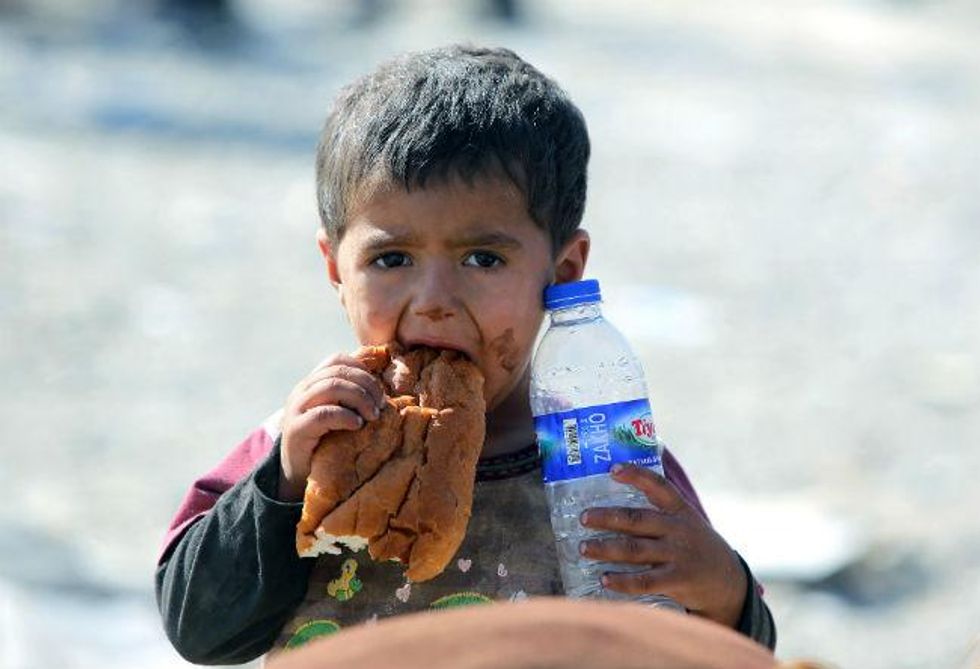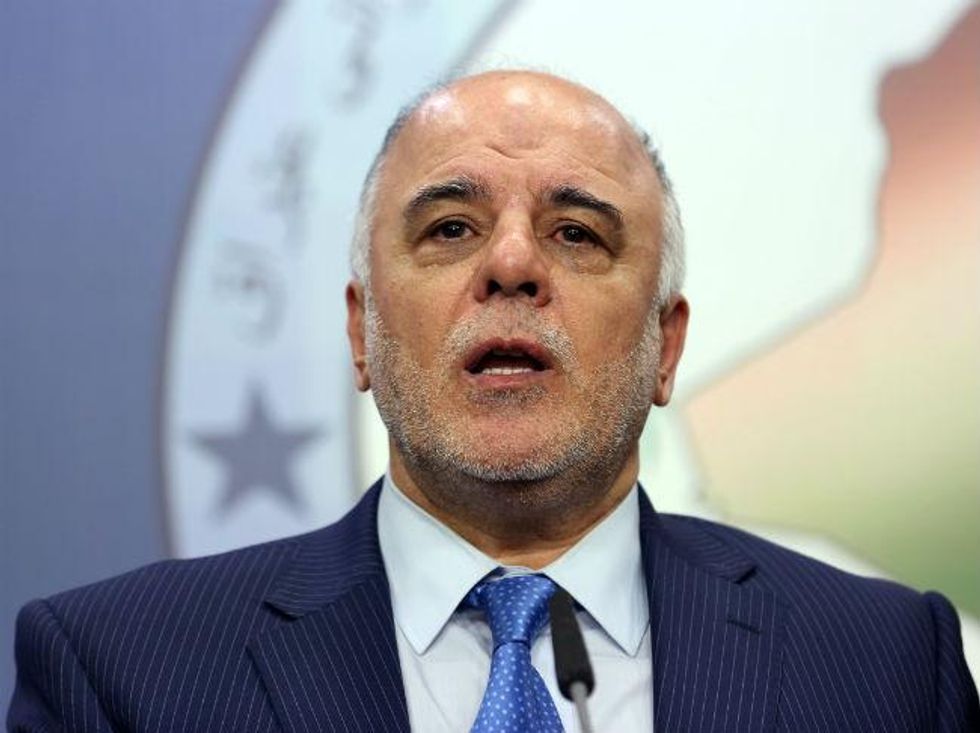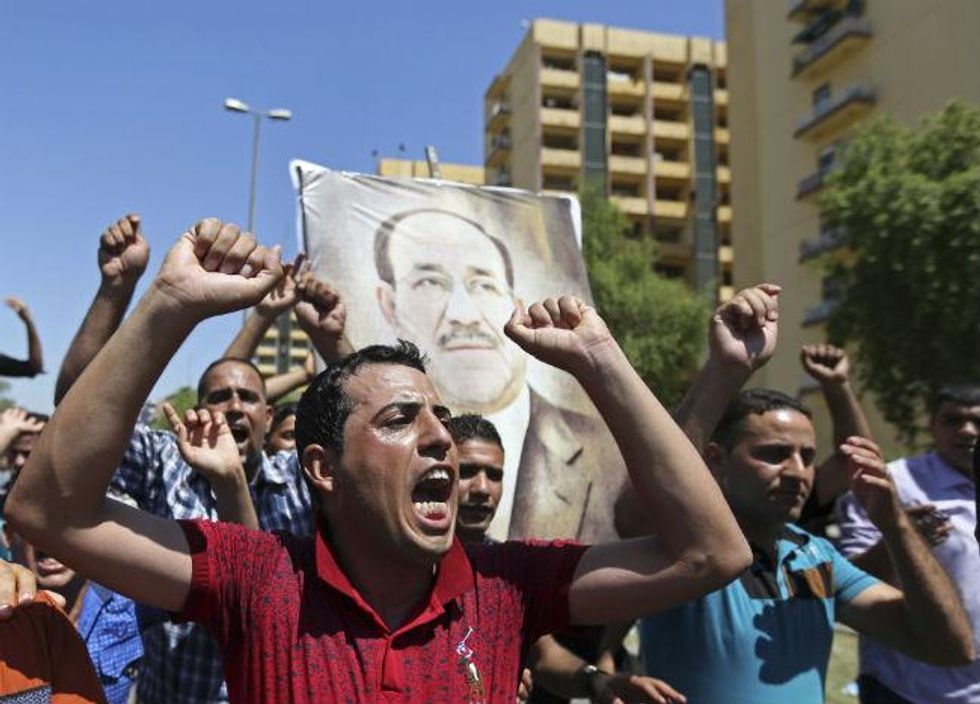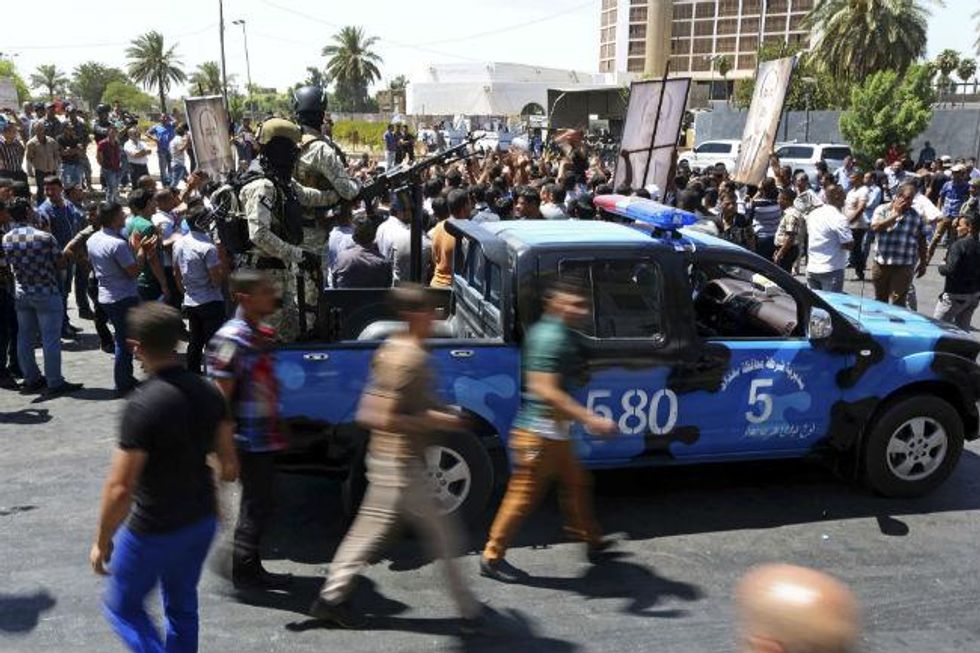News
Matthew Champion
Aug 11, 2014
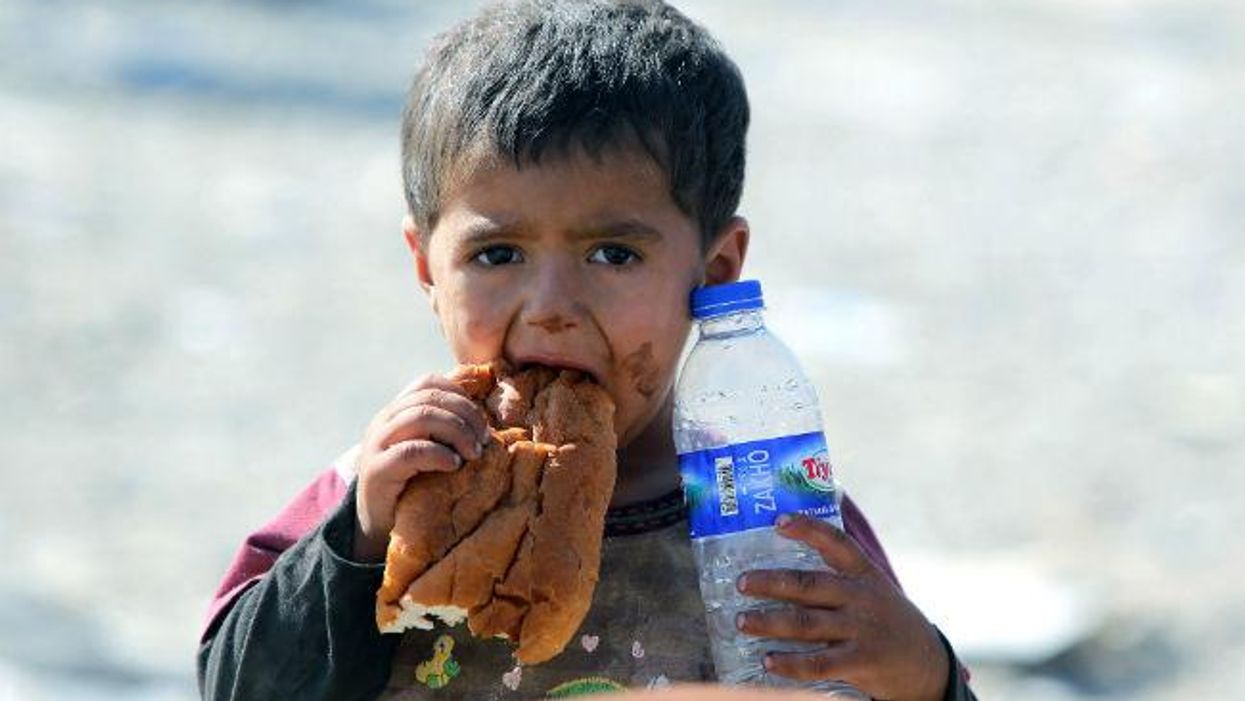
Crises often arrive at the worst possible times, and that's exactly what's being witnessed in Iraq today.
The backdrop
Against a backdrop of jihadists rampaging across the north, the country's government has been paralysed for months since incumbent prime minister Nouri al-Maliki's Shia-dominated State of Law Coalition won more seats than any other party in April but, with Iraqi politics more or less divided along sectarian lines, failed to form a coalition.
As the deadline for him to form such a coalition approached last night, Maliki, who the exasperated West has come to regard as an authoritarian and sectarian leader, accused president Fouad Massoum of violating the country's constitution and special forces loyal to the beleaguered Shia Muslim leader were deployed in areas of Baghdad where big demonstrations could take place.
A new man
But today Massoum, under pressure from not just the West but Sunni Muslims, Kurds, Iran and even some Shia Muslims to appoint a less-polarising figure as prime minister, authorised the relatively low-key deputy speaker Haider Al-Abadi - also Shia Muslim - to form a new government.
In an appearance on Iraqi TV, Massoum told Abadi he was being charged with forming a government to "protect the Iraqi people", a task of desperate importance given the plight of religious and ethnic minorities fleeing the barbaric advance of the Islamic State.
What happens next?
What we don't know is how Maliki, seeking a third term as prime minister, will react. It seems almost inconceivable that the man ultimately responsible for what The Independent's Middle East correspondent Patrick Cockburn described as one of the most catastrophic military defeats of modern times could remain in his job.
The US has certainly given the impression that it no longer sees Maliki as part of Iraq's future, unilaterally supplying arms to Kurdish peshmerga troops fighting the Islamic State and conducting air and drone strikes against Islamist convoys and artillery positions - in some cases bombing weaponry supplied by the US at great expense for the Iraqi army before it capitulated against what was then known as the Islamic State in Iraq and the Levant earlier this year.
"The government formation process is critical in terms of sustaining stability and calm in Iraq, and our hope is that Mr Maliki will not stir those waters," US secretary of state John Kerry said in Australia today following Maliki's intervention last night.
"One thing all Iraqis need to know, that there will be little international support of any kind whatsoever for anything that deviates from the legitimate constitution process that is in place and being worked on now."
The future
On his Facebook page, Abadi - who lived in exile in Britain while Saddam Hussein was in power, and earned a PhD in engineering from the University of Manchester - lists his favourite quote as "The key to leadership is tolerance" - and tolerance is one commodity Iraq desperately needs right now.
More: The problem with humanitarian aid summed up in one detail
(Pictures: AP)
Top 100
The Conversation (0)
